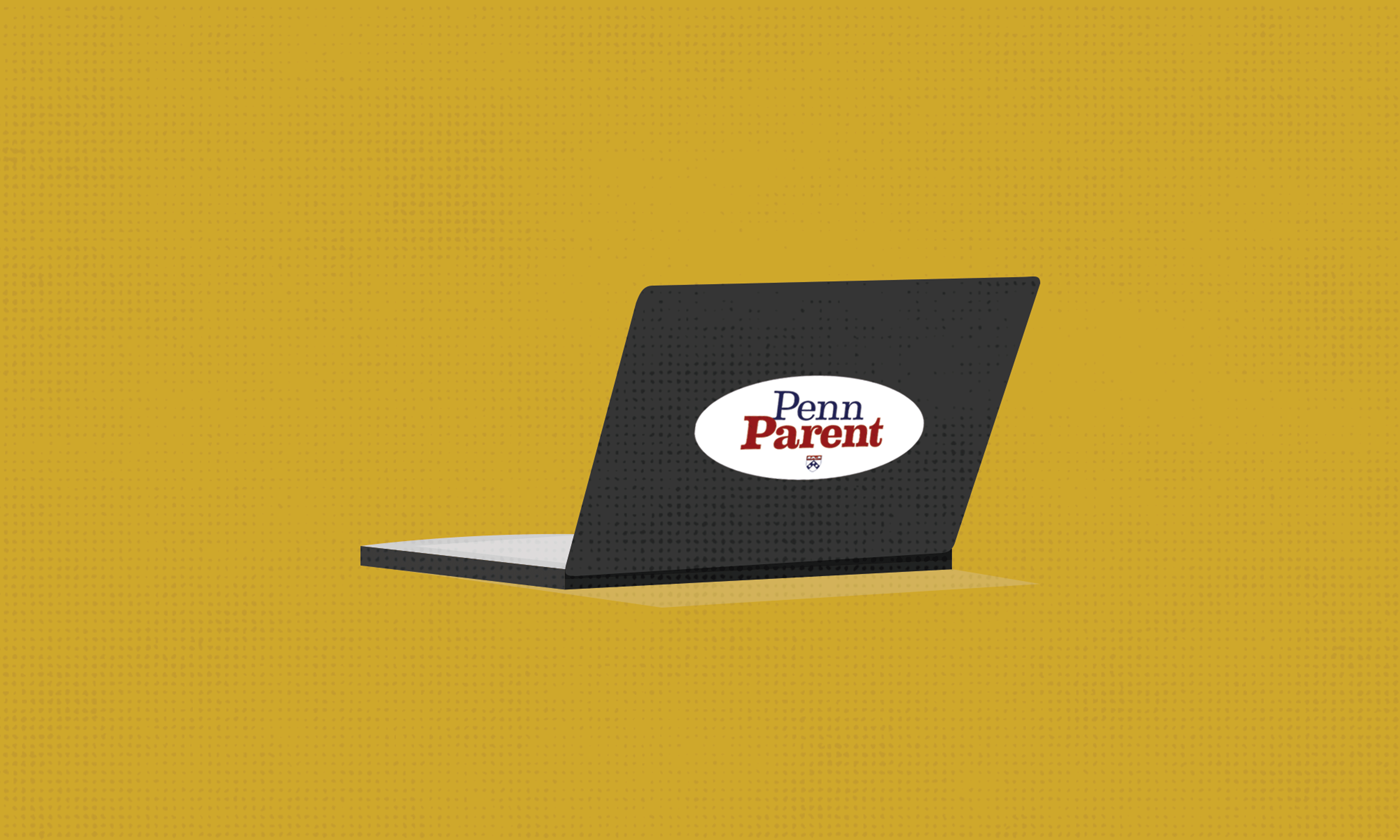
If you have a healthy relationship with both of your parents, consider yourself lucky. Many people don’t — myself included. As a supposedly independent college student, dealing with a toxic or abusive parent brings me back to my childhood and high school days. The daily family squabbles, the screeching and shouting, the talking-back, the curfews. It all reminds me of why I despised parts of my childhood.
Living with parents during quarantine can be emotionally and mentally draining, especially if you don’t have a healthy relationship with either or both of your parents. Many college students must live with toxic parents, now more than ever. Meanwhile, spending quarantine with friends or a significant other — or even alone — isn’t so appalling. There’s the obvious: the independence and freedom, as well as a fully fledged social life — or as much as possible given the circumstances. But living with parents sometimes includes the unavoidable enduring of psychological abuse. Of course, there’s also the home-cooked meals, the free rent, your dog, an actual backyard, your car, etc. But where there’s a difference in power, there can be abuse of power. However, a deleterious power dynamic should not serve as a green light for gaslighting or other controlling behavior.
Gaslighting in parent-child relationships is too often overlooked and normalized. But this behavior certainly should no longer be viewed or treated as the norm. On several occasions I’ve heard responses such as “all parents are like that” — but gaslighting does not equate to the every-so-often quarrel or standard dispute. Rather, it’s a form of severe psychological manipulation and aggression that can potentially escalate into domestic violence and physical abuse.
While we should always appreciate what our parents do for us, it’s also important to acknowledge that parents are capable of, and even prone to, gaslighting too. Gaslighting is a complex cycle to break because the perpetrator is often oblivious to the effects of his or her behavior. In essence, gaslighting occurs when you upset or anger somebody, whether intentionally or not, but then you make them feel as if that person has no valid reason to be frustrated. The victim then starts to experience extreme self-doubt, while distrusting his or her own perception of reality.
Although patently toxic, emotionally abusive parents can be loving at times too, and that’s where the complexity of the family dynamic lies. Heated arguments between college students and parents are prevalent and normal, but this can readily develop into an unhealthy parent-child relationship if excessive verbal, emotional, mental, or physical harm prevails. It’s crucial to draw emotional boundaries with your parents, especially during quarantine because they are sometimes the ones who can hurt you most.
When left unchecked, gaslighting can cause long-term effects, namely feelings of self-doubt, anger, anxiety, depression, insecurity, or aggression. Critical signs that someone is gaslighting you include them dismissing and undermining your emotions or feelings, downplaying your opinions and behavior by calling you “crazy” or “ignorant,” insisting that they are always right simply because they’re your parents, discounting your past or your memory, comparing you to your siblings or friends, denying any behaviors you confront them about, projecting their problems onto you, critiquing your body or your appearance, exploiting your weaknesses through degrading words or behaviors, etc.
Often, no matter the age, those who experience gaslighting are more susceptible to abusive relationships as adults. Growing up, we often perceive our parents as our unconditionally loving caretakers — perhaps even our role models. But when a parent, a source of emotional and mental growth, is the culprit for a child’s psychological abuse, that trauma can persist well into adulthood and alter the development trajectory.
If a parent has ever gaslighted you, please remember that is not your fault — but perhaps it’s not your parents’ faults either. And this is something that I’m still beginning to comprehend and accept. Often, perpetrators of gaslighting are fully unaware of their patterns and behaviors, and, in severe cases, a confrontation or conversation won’t prevent future incidents from reoccurring. More likely than not, your parents mean well, and if they could prevent themselves from gaslighting, they probably would. Nonetheless, gaslighting is potent psychological manipulation and verbal abuse, and we should no longer tolerate or normalize it.
Perhaps it’s true that distance helps the heart grow fonder. College thousands of miles away has helped heal and even strengthen my relationship with my mother and father, for we appreciated time spent together and communicated regularly while apart. Just as in any relationship, with family, it’s important to keep your distance sometimes to understand what’s in your control and what’s not.
Earlier in March, I wishfully assumed that perhaps quarantine could further strengthen and repair the bond between my parents and me, but it has only gotten progressively worse as the days pass by. Of course, that doesn’t mean our relationship will always be strained, but a healthy distance is probably for the best — and that’s okay. The harsh reality is there’s nothing else you can really do in this situation.

BRIDGET YU is a College junior from Los Angeles, CA studying Psychology. She plans to attend medical school and specialize in psychiatry. Her email address is bridgtyu@sas.upenn.edu.
The Daily Pennsylvanian is an independent, student-run newspaper. Please consider making a donation to support the coverage that shapes the University. Your generosity ensures a future of strong journalism at Penn.
Donate






